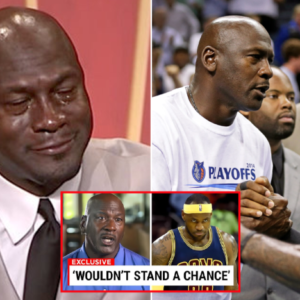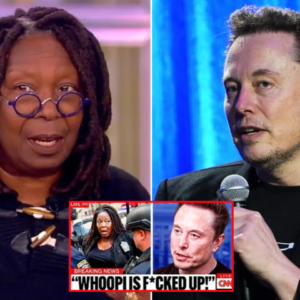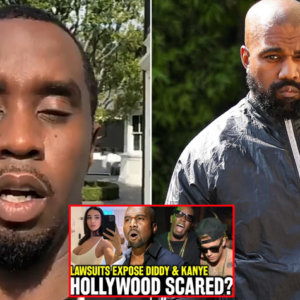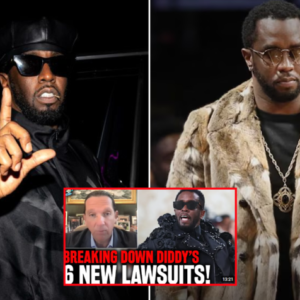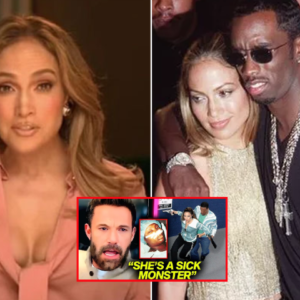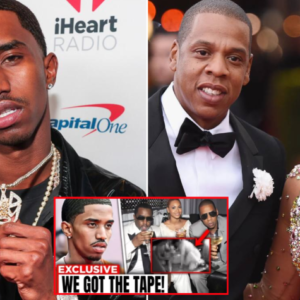In a stunning development, NBC’s fact-checking team has reportedly revealed that Vice President Kamala Harris made 29 misleading or false statements during a recent debate with former President Donald Trump. The report, which has ignited heated discussions across the political spectrum, claims that Harris, known for her sharp debating skills, “was good at lying” throughout the event, according to sources close to the fact-checking team.
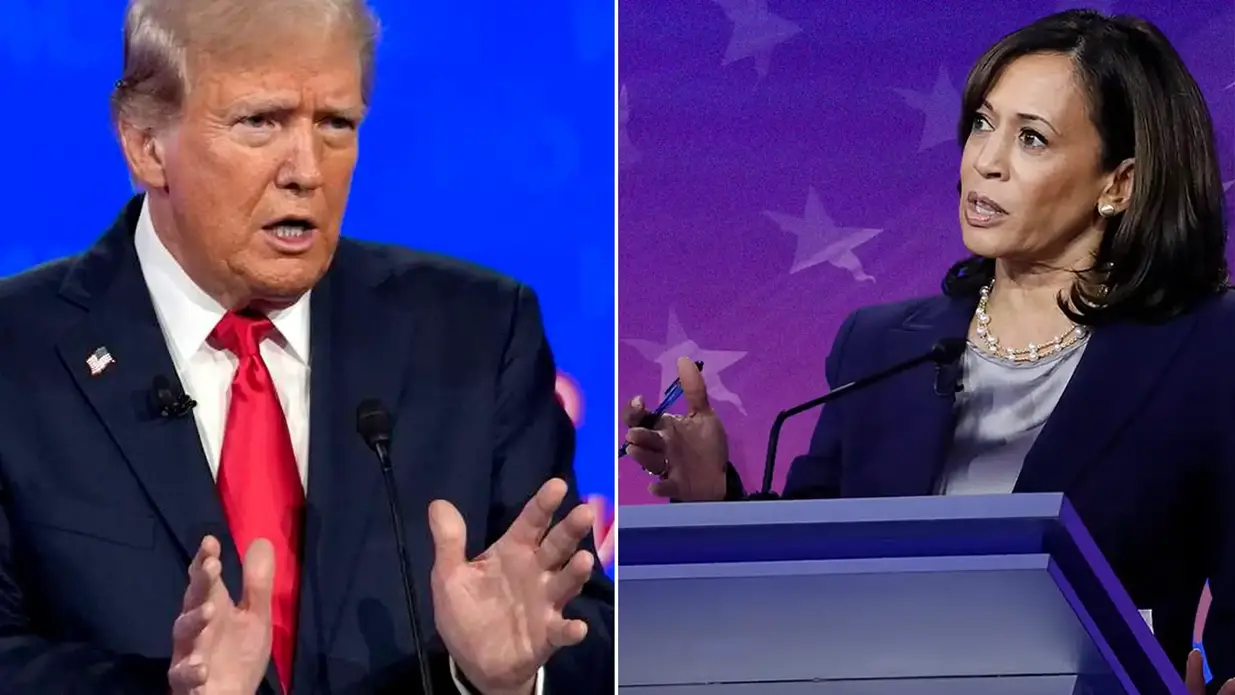
This revelation has further polarized an already divided nation, with supporters of Trump seizing the opportunity to criticize the vice president’s credibility, while Harris’ defenders argue that the fact-checking claims are politically motivated. So, what were the false claims? And what does this mean for Harris’ reputation moving forward?
The Debate: A Tense Showdown
The debate between Kamala Harris and Donald Trump was anticipated as a high-stakes event, marking a key moment in the lead-up to the 2024 presidential election. Harris, representing the Biden administration, clashed with Trump on a range of issues, from immigration and healthcare to foreign policy and the economy. Both candidates delivered fiery exchanges, with Trump pressing Harris on the administration’s handling of key policies, while Harris repeatedly criticized Trump’s record during his time in office.
However, it is Harris’ performance that has garnered the most attention in the aftermath, particularly in light of the fact-checking report.
NBC’s Fact Check: 29 False or Misleading Claims
According to NBC’s fact-checkers, Kamala Harris made 29 false or misleading statements during the debate. The report scrutinized a wide array of topics, suggesting that Harris misrepresented facts on issues such as:
- Immigration: Harris reportedly overstated the administration’s success in curbing illegal immigration and securing the border, with fact-checkers pointing to data that contradicts her claims.
- Healthcare: Harris claimed that the current administration had significantly lowered prescription drug prices, but fact-checkers revealed that while there have been some decreases, the overall impact on drug prices has been minimal.
- Foreign Policy: Harris’ statements about America’s diplomatic standing under the Biden administration were also called into question, with fact-checkers pointing out inconsistencies between her claims and reports from international analysts.
The NBC team did not mince words in their analysis, concluding that Harris had demonstrated a pattern of bending the truth during the debate. One anonymous source close to the fact-checking process reportedly commented, “She’s good at lying,” a phrase that has since been echoed across social media and in political commentary.
Public Reaction: Divided Opinions
The fallout from NBC’s fact-checking report has been swift and divisive. Trump supporters have seized upon the findings as proof that Harris is untrustworthy and unfit for leadership. On social media, hashtags like #KamalaLied and #LyingKamala began trending almost immediately after the report was released. Many pointed to this as evidence of a broader pattern of dishonesty within the Biden administration, with some calling for more transparency and accountability from the vice president.
Conversely, Harris’ defenders have been quick to push back. Many have accused NBC’s fact-checking team of bias, arguing that Harris was unfairly targeted and that politicians on both sides frequently make mistakes during heated debates. They also point out that Trump himself has faced numerous accusations of dishonesty throughout his political career, and argue that the focus on Harris’ missteps is being used as a distraction from larger issues facing the country.
Is Fact-Checking Biased?
The controversy surrounding NBC’s report has reignited the broader debate over the role of fact-checking in political discourse. Some argue that fact-checkers, regardless of their affiliation, often struggle with bias, leading to skewed reports that favor one side over the other. Critics of NBC’s report claim that the fact-checkers selectively targeted Harris while downplaying or ignoring Trump’s own inaccuracies during the debate.
Fact-checking, while intended to provide a neutral, objective assessment of political claims, is often perceived through a partisan lens. Both Democrats and Republicans frequently accuse fact-checkers of bias, and this latest incident is no exception. While NBC has a long-standing reputation for thorough and responsible journalism, its report on Harris has been met with skepticism by those who believe that the media is inherently biased against certain political figures.
The Impact on Kamala Harris
For Vice President Kamala Harris, the fallout from NBC’s fact-checking report could have significant ramifications. Harris has long been known for her sharp debating style and strong public speaking skills, qualities that helped propel her to national prominence. However, this new scrutiny of her honesty during debates could impact her public image, particularly among voters who are already skeptical of the Biden administration.
As Harris eyes a potential presidential run in 2028, maintaining her credibility and trustworthiness is critical. The report, if left unaddressed, could become a focal point for her opponents in future campaigns. It also places additional pressure on Harris to address the fact-checkers’ findings and clarify any misstatements made during the debate.
Moving Forward: What’s Next?
As the dust settles from the debate, the larger question remains: how will this report affect the political landscape moving forward? For Kamala Harris, addressing the NBC report head-on and acknowledging any mistakes may be a necessary step to restore trust among undecided voters. On the other hand, her team may opt to downplay the report, focusing instead on the administration’s accomplishments and painting the fact-checkers as politically motivated.
Meanwhile, Trump and his supporters are likely to use the report as ammunition in the ongoing campaign battle, positioning Harris as a symbol of what they claim is a dishonest and ineffective administration.
Conclusion: Fact vs. Perception
The revelation that NBC fact-checkers have accused Kamala Harris of making 29 false or misleading statements during her debate with Donald Trump has added yet another layer of complexity to an already contentious political climate. Whether the public views this report as a fair critique or an example of media bias will depend on where they stand politically.
As the 2024 election approaches, the stakes are high for both Harris and Trump. In an age where public perception can often matter more than facts, how this story is spun and interpreted by both sides will likely shape the political narrative in the months to come.
